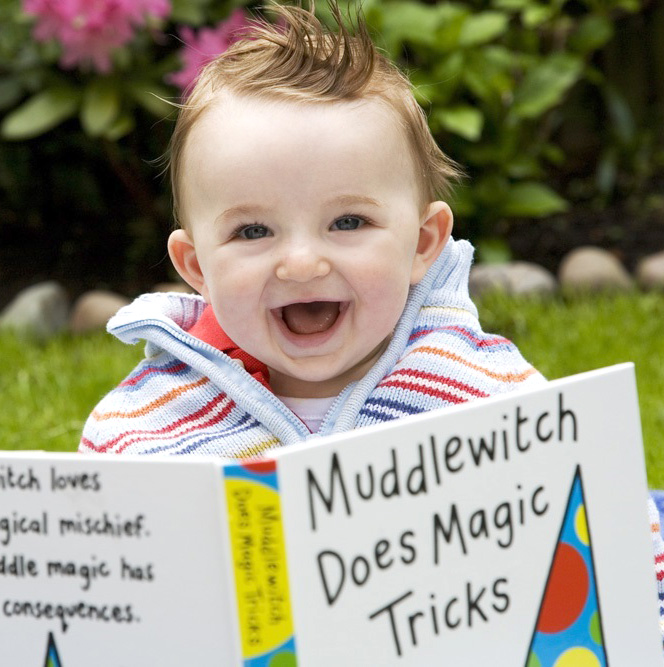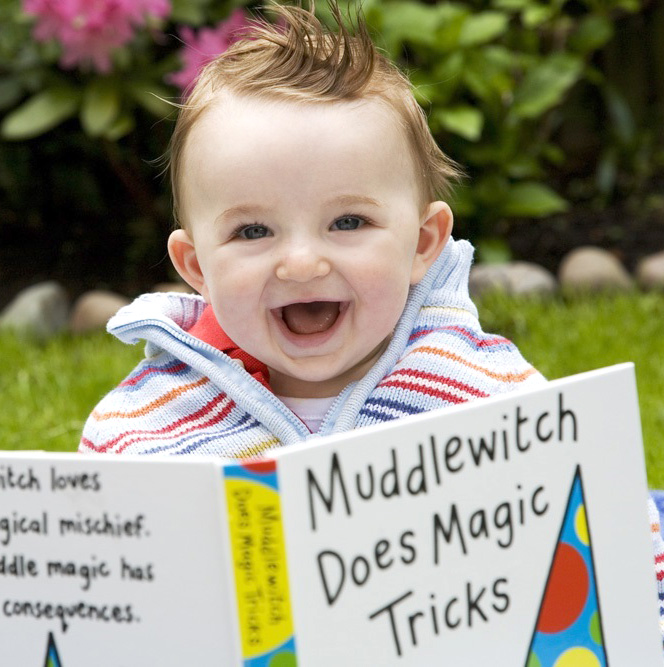Nearly four in ten parents never read with their baby, missing out on an early boost to develop their child’s reading skills, according to a new report from Booktrust.
Research has shown that if a parent reads to their infant every day they will be almost 12 months ahead of those who are read to less often, in terms of reading and language skills.
Yet parents and carers appear unaware about the importance of sharing books with babies between the ages of 0-11 months.
Head of Early Years at Booktrust, Nicole Walker said: ‘It’s never too early to start enjoying books with your child – even tiny babies that are too young to understand the story will be soothed and calmed by your voice when you share a book with them.
‘The more words a baby is exposed to, the better prepared they are to eventually start reading on their own; and above all reading together is fun.
Developing the habit of reading with your baby right from their first days will teach them that reading is something to be enjoyed and that attitude will foster a love of reading that will take them through school and into adulthood.
Even reading to them three to five times a week gives them a six-month head-start.
The poll commissioned by Booktrust asked parents and guardians ‘how often, if at all, do you read with your child? This includes occasions when you read to your child or your child reads to you’. This was answered by 2415 parents and guardians – 1519 mums and 896 dads with children aged from 0-11 years old.
It showed that 37% of parents never read with their baby between the ages of 0-11 months and 38% of parents are reading with their babies every day. The report also showed a significant increase in the number of parents reading to their child when they reached one year old, with 57% of parents reading with them every day.
Booktrust is currently working on a pilot programme to support pregnant women in singing, reading, talking and bonding with their baby. It aims to highlight the fact that reading with babies can promote early bonding, develop good habits and help parents make the most of the time their baby is awake and responsive.
Reading to your Baby Boosts Development





![[editorial] in the community, with the community, for the community](https://www.newtonnews.co.uk/wp-content/uploads/2018/07/Editorial6-680x365.jpg)





